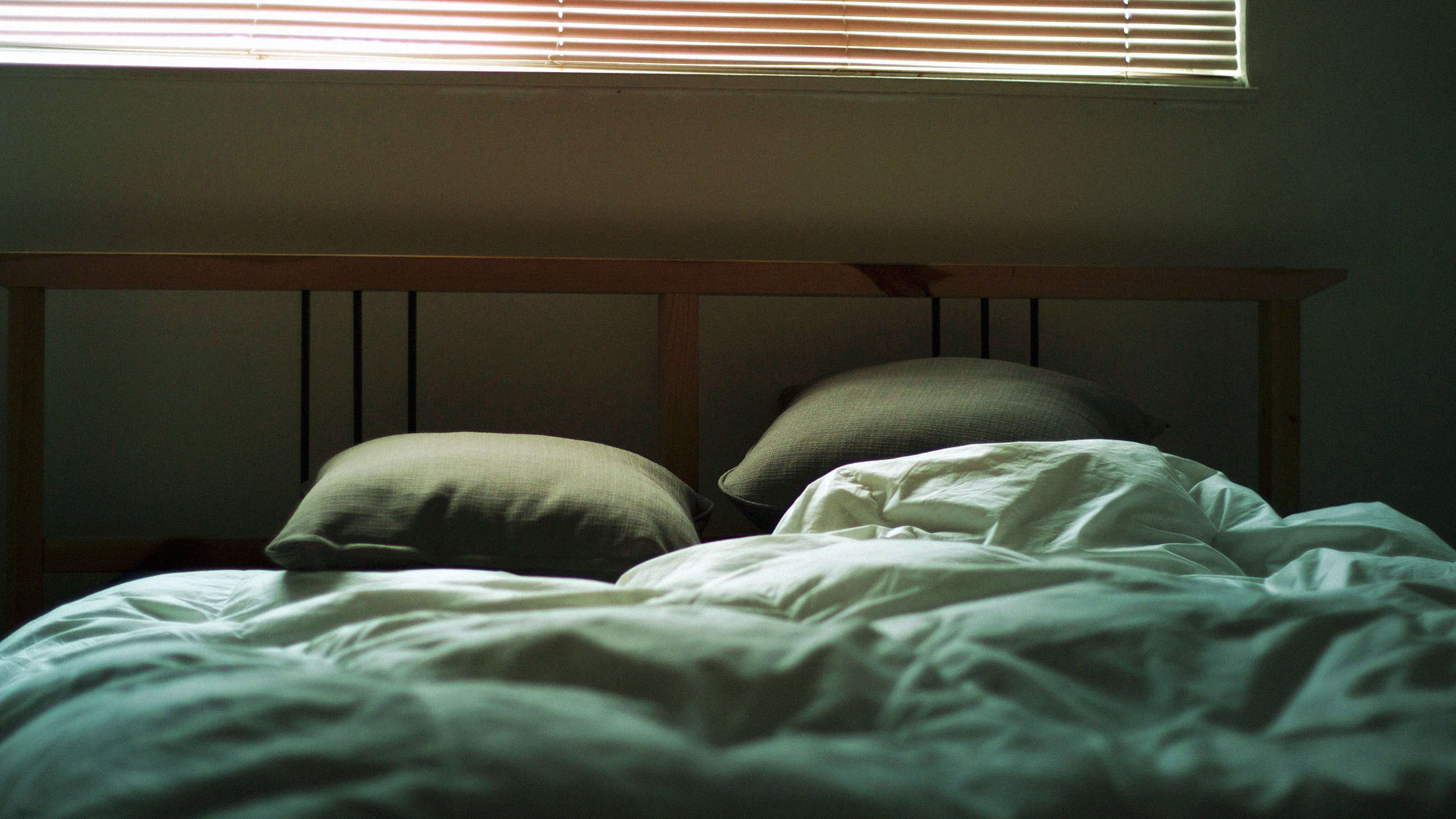When it comes to sleeping, humans get the short end of the stick compared to others in the animal kingdom. Adult humans, on average, only sleep once a day (known as monophasic sleepers) compared to 85% of the other animal species on the planet who sleep multiple times a day (known as polyphasic sleepers).
Naps are good for you, especially if you aren’t getting enough sleep at night. The more frequently you get enough sleep, the more capable and refreshed your brain will be, which will help you better perform your tasks. The benefit of sleep has been proven over and over again in multiple studies. But if sleep is so good for us and most other animals are polyphasic sleepers, why aren’t we? The science isn’t clear on that yet, but Neil Stanley, an independent sleep expert, says the reason could be related to our vision.
“Humans need to sleep at night because our nocturnal vision is so poor that we are not actually able to do much useful in the dark,” Stanley says. The eyesight of most animals, on the other hand, are superior to humans, so they aren’t reliant on daylight to be productive. Since daylight is so important to our ability to get things done, we’ve evolved to get all our sleeping done at once–when dark–and use the daylight hours to go about our business.
That’s not to say that if we adopted the sleep patterns of animals we wouldn’t see a benefit. Matter of fact, multiple studies have shown that if we take short naps as animals do, we could actually be more productive. To find out if this is actually the case I decided to spend a week taking short power naps whenever I felt tired and then see if I noticed any productivity boost after waking. Here’s what I experienced.
Everyone’s Perfect Nap Time Is Different
I found two distinct periods of the day when I felt as if my batteries were running low. The first almost always occurred about 3:00 p.m. and the second usually occurred after dinner (usually around 8:00 p.m.). So those were the two times I napped, however, the best time for napping can vary from individual to individual. “There is no ideal time for a nap, a power nap should be taken when you feel sleepy,” says Stanley. “Ordinarily there is a post prandial dip between approximately 2-4p.m. when human performance is naturally reduced and this is, therefore, the most likely time to feel sleepy and need to take a nap. However, that is really dependent of working a ‘9 to 5’ day. Other work/life patterns would have different timings for the dip.”
Speaking of work schedule, since a freelance writer who works from home, I have the freedom to nap when I want to. Those who work in an office probably aren’t so lucky (though there are exceptions).
A Power Nap Should Last No More Than 20 Minutes
If your power nap goes over 20 minutes, your brain is entering “deep sleep,” which defeats the whole purpose of the energizing power naps. “Sleep is sleep whenever it occurs, the same biological process takes place whether we are napping or sleeping (overnight). The only difference is that in a short power nap you will hopefully not go into the deepest stage of sleep (Stage N3),” explains Stanley. “As suggested by its name you are not meant to wake during this stage of sleep and doing so causes you to feel groggy and/or confused. You may feel worse than you did prior to taking the nap. This feeling of grogginess is termed ‘sleep inertia’ and can last between 15 minutes and two hours in some people.”
I can attest to this as one of my “power naps” turned into an hour-long sleep and when I finally awoke from it I felt worse for the wear, not better. Which brings me to…
It’s Critical You Set An Alarm And Block Out More Time For Your Nap
I cannot stress this enough: set an alarm if you are power napping. Don’t rely on willpower alone to wake you from your nap.
In line with timing you nap via an alarm, I also learned you need to block out more time for your power nap than just the twenty minutes you want to sleep for. As everyone knows, when you lay down for sleep you rarely ever fall to sleep the moment your head hits the pillow. This is no different when taking power naps. So if you have to take a phone call in 30 minutes, it’s likely you actually don’t have enough time for a 20-minute power nap before the call. “A power nap should be approximately 20 minutes, but that is time asleep, so in total, you need approximately 30-40 minutes for your nap,” says Stanley.
The Benefits Of My Naps Materialized About 20 Minutes After Waking
When I power napped correctly, I felt incredibly refreshed and well rested. Sure, I was a bit groggy when I woke up, but that only lasted for a few minutes at most. For the next fifteen minutes or so, I felt pleasantly relaxed. It was after the 20-minute waking mark that I noticed how clear of mind, attentive, and focused I felt. This made sitting down to write much easier and allowed me to continue to work with a renewed vigor.
I’m now a firm believer in power napping. If you work from home, I highly suggest you try to work power naps into your schedule whenever reasonable. And if you work at an office, it can’t hurt to bring up their benefits to your boss. If she can’t be convinced right away, tell her that’s okay, take some time to give it more thought, and maybe sleep on it.
Recognize your brand’s excellence by applying to this year’s Brands That Matter Awards before the early-rate deadline, May 3.
